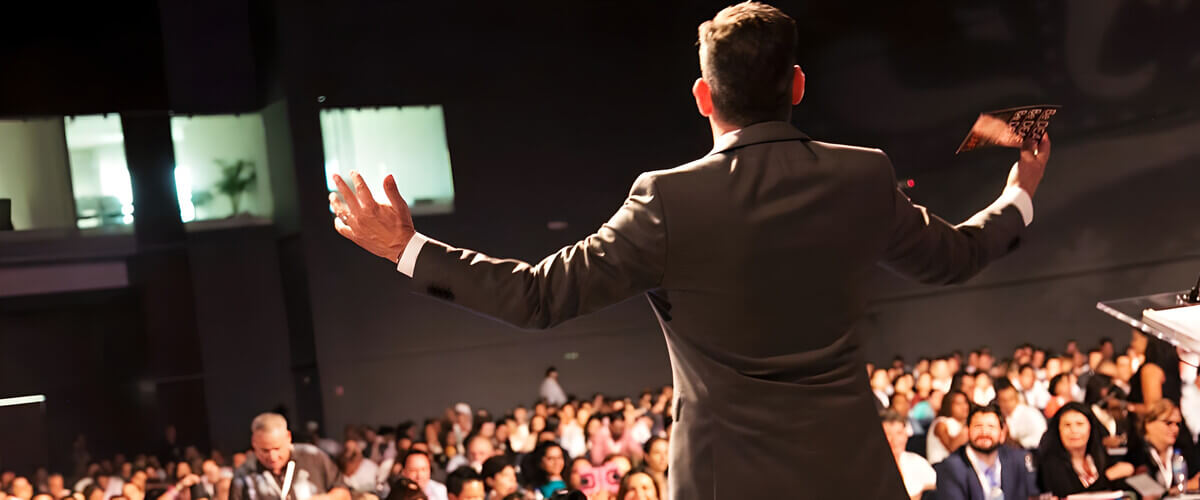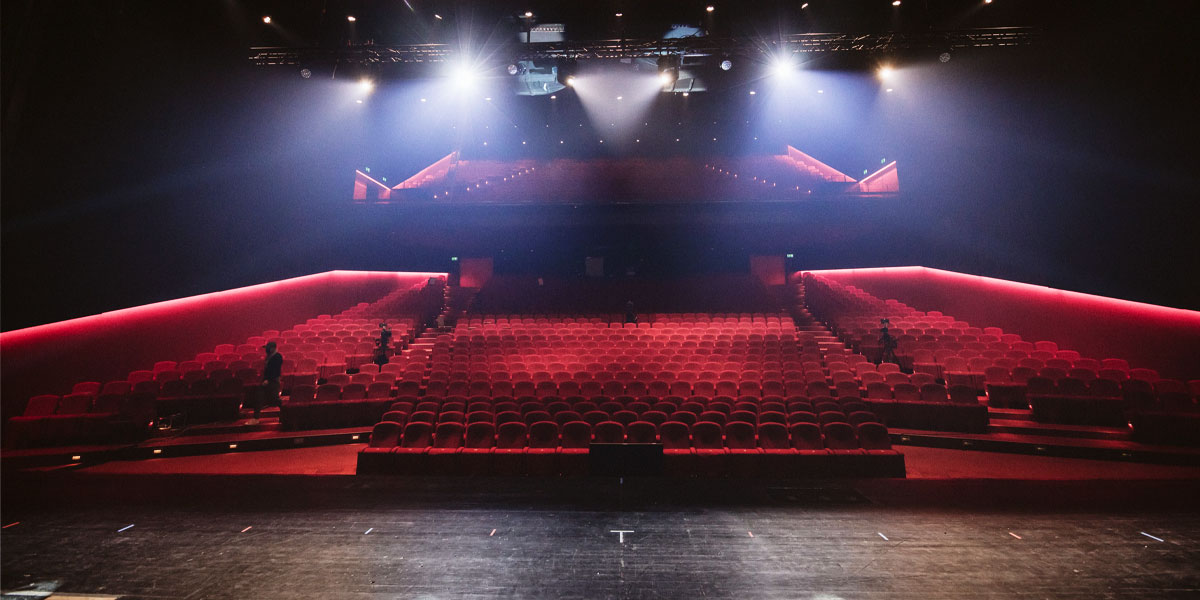Stepping onto a stage, musicians experience a rush of excitement and anticipation. Yet, hidden beneath this exhilaration lies a common phenomenon that often goes unspoken – stage fright. By understanding the psychological and physiological aspects of stage fright, musicians can discover the path to unlocking their true potential on stage.
Stage fright is a paradox that strikes when performers should feel most alive, turning what should be a joyous occasion into a distressing ordeal. To fully reap the rewards of their hard work, musicians must challenge it, and I’m going to share effective methods on how to avoid stage fright.
How to deal with performance anxiety before it starts

Overcoming stage fright is a gradual process, and what works for one person may differ for another. Experiment with the strategies that I recommend and find the combination that resonates most with you.
- Preparation and practice. Your familiarity and comfort level with your music will increase as you put it through more rehearsal.
- Visualization and positive imagery. Visualize yourself performing confidently and successfully on stage. Imagine receiving the audience’s applause, their pleasant comments, and the joy of performing well.
- Deep breathing and relaxation techniques. Breathing slowly and deeply will help you relax and control your heart rate, which will put you in a more collected frame of mind.
- Physical warm-up. Stretching or gentle movement can help reduce the physical symptoms of anxiety.
- Positive self-talk. Convince yourself of your abilities, your effort, and your prior achievements. Think about why you enjoy performing and playing music.
- Progressive exposure. Gradually expose yourself to performing in front of smaller audiences before tackling larger ones.
- Mental rehearsal. Mentally rehearse your performance in a calm and controlled setting. Imagine yourself on stage, going through each part of your performance flawlessly.
- Focus on the music, not yourself. Concentrate on expressing the emotions and stories behind the music rather than worrying about your own performance.
Coping techniques for performers

Over time, with practice and experience, you can refine your strategies for overcoming performance anxiety and perform with greater ease and enjoyment.
- Focus on breathing. If you start feeling anxious, take slow, deep breaths to calm your nerves and regulate your heartbeat.
- Stay present. Immersing yourself in the music can divert your attention from anxious thoughts.
- Engage with the audience. Greet them with a smile, make eye contact, and acknowledge their presence.
- Visualize success. While on stage, visualize yourself performing flawlessly and receiving positive feedback from the audience.
- Adapt to nerves. Acknowledge that some nervousness is normal. Channel that energy into your playing and use it to fuel your passion on stage.
- Stay hydrated and rested. Meditation, along with sufficient drinking water can maintain your body and mind in harmony.
Performance analysis and improvement

These are important elements of a musician’s path that help them grow personally and play better in their future careers. After a performance, step back and note the accomplishments and subjects that require development. You may target your efforts for improvement thanks to this study.
Address the mistakes you made during the performance, which are possibilities for growth and learning. Reflect on how you felt emotionally during the performance. Understanding your emotional state can help you conquer stage fright and anxiety and harness your emotions for better performances.
Based on your reflection, set specific goals for improvement. Embrace the growth process and recognize that each performance contributes to your journey.









